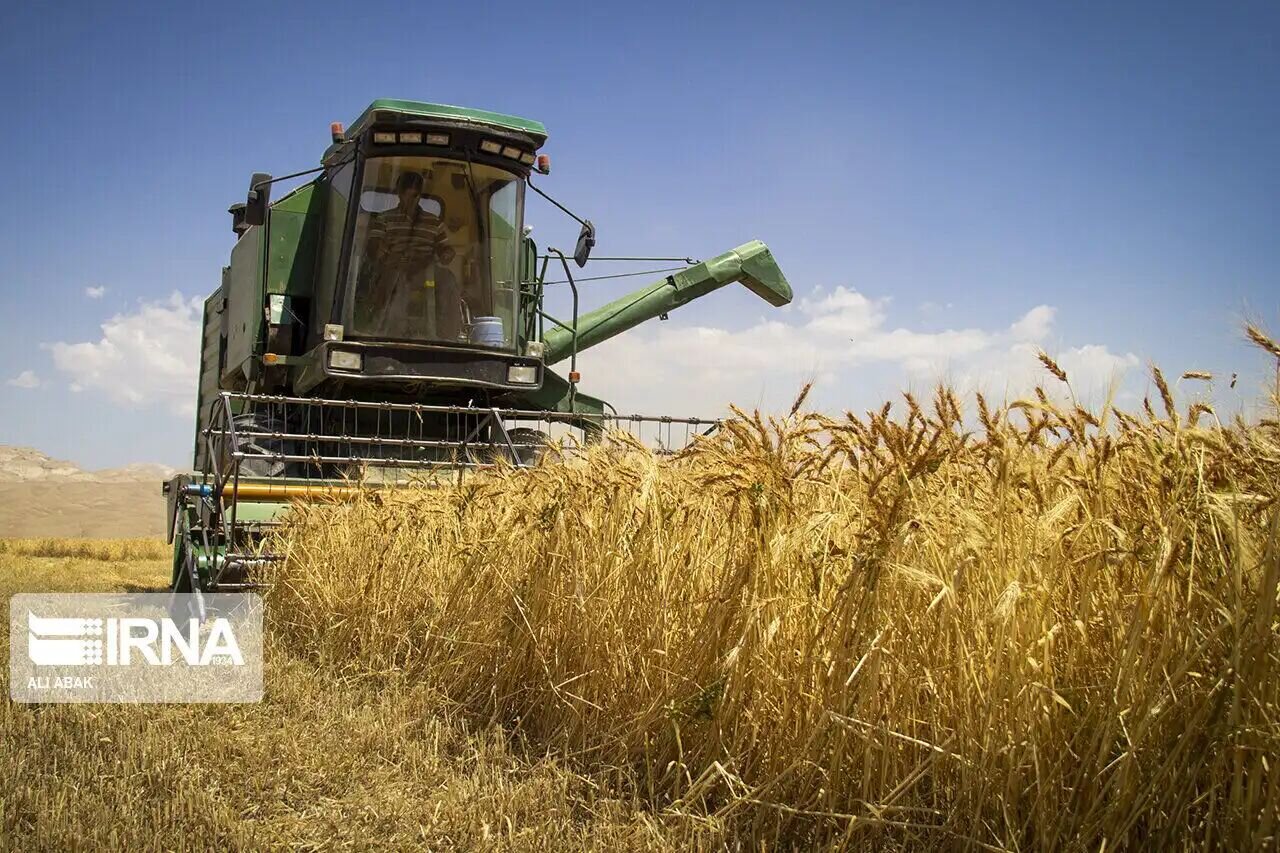Guaranteed wheat purchase exceeds 3.8m tons amid Israeli assault

TEHRAN – Iran has purchased more than 3.8 million tons of domestically grown wheat worth 782 trillion rials (about $1.56 billion) through its guaranteed procurement program during the spring season, a senior agriculture official said, stressing that food supply chains remain intact despite recent Israeli aggression.
Saeed Rad, Deputy Agriculture Minister and head of the Government Trading Corporation of Iran (GTC), said on Monday that the country’s strategic grain purchasing program is proceeding without disruption, even in light of current “special conditions.”
“Despite the specific challenges the country is facing, including the recent aggression by the Zionist regime, we have experienced no interruptions in the procurement or distribution of essential goods,” Rad said. “From the start of the year, we activated wheat collection centers in southern provinces, and this operation continues nationwide without pause.”
Since direct hostilities began from Israel 10 days ago, Iran has procured 649,000 tons of wheat across various provinces, he said. Between June 14 and the end of the month, following the launch of Israeli attacks, the GTC purchased more than 65,000 tons of wheat per day on average from local farmers and stored it at designated facilities.
Rad emphasized that the guaranteed procurement program, which is vital to Iran’s food security, is proceeding “with full force and according to schedule.” He also pointed to a significant improvement in payment timelines for farmers.
“As of the end of spring, 55 percent of farmers’ dues—totaling over 430 trillion rials (around $860 million)—have been paid. This compares with just 41 percent in the same period last year,” he said.
Rad added that the continued operation of the procurement and supply systems under pressure demonstrates the resilience of Iran’s agricultural and economic infrastructure.
“Thanks to prior planning and strategic measures, there are no shortages or disruptions in the supply and distribution of essential goods for our people,” he said.
EF/MA
Leave a Comment